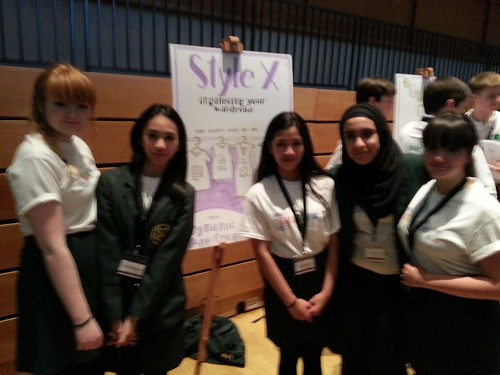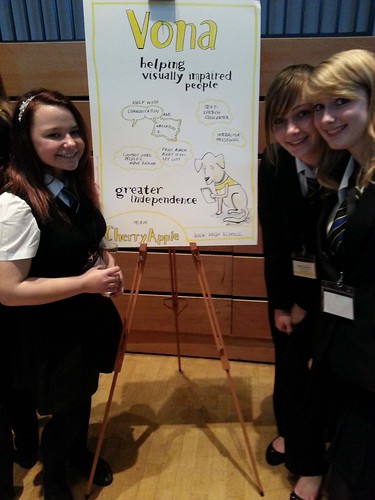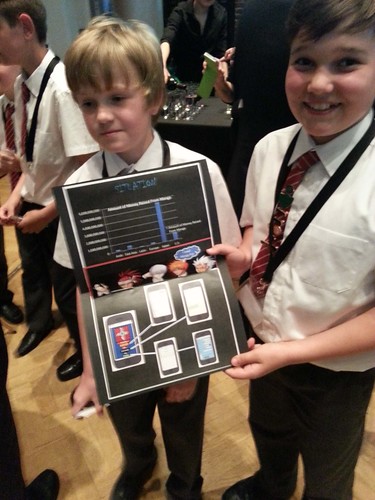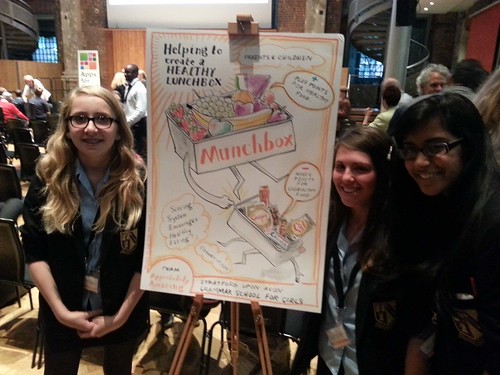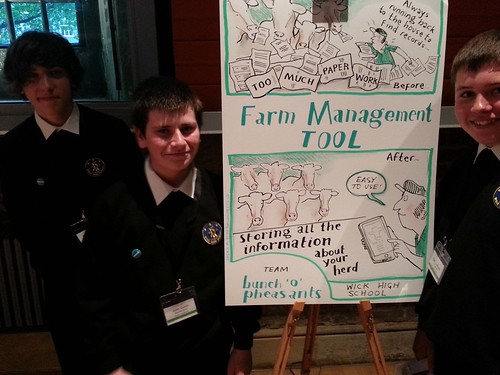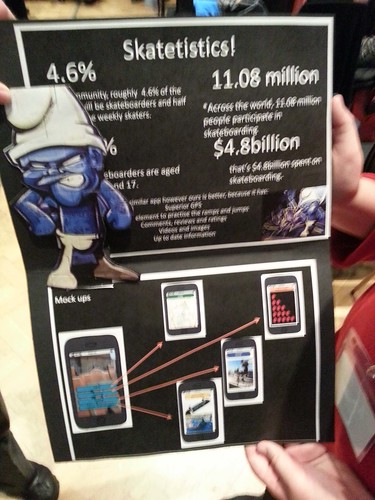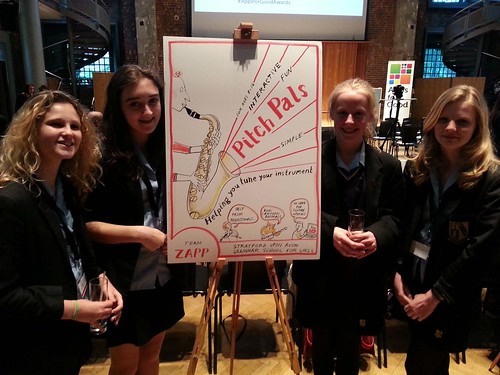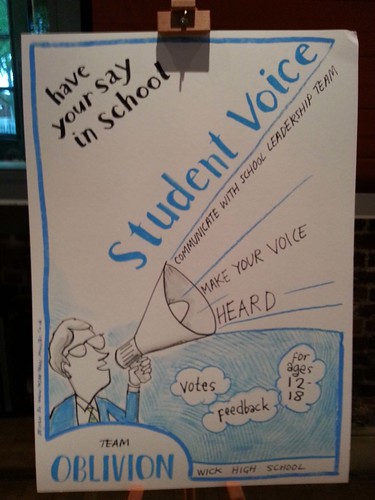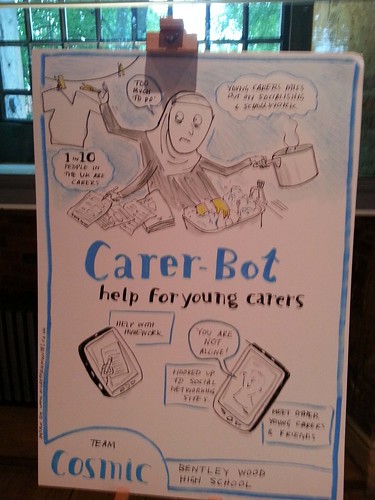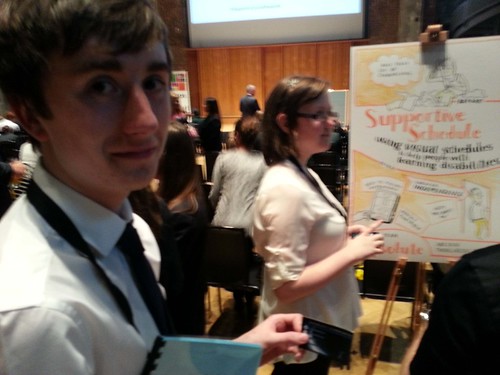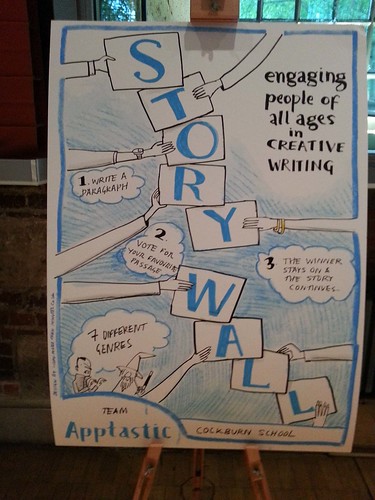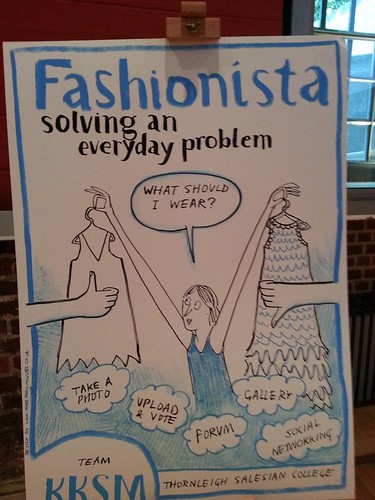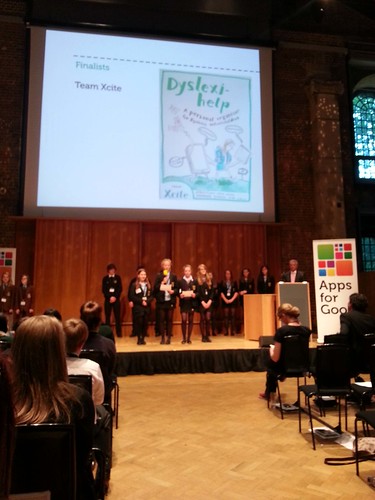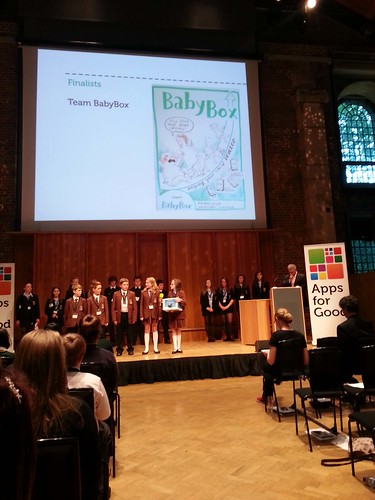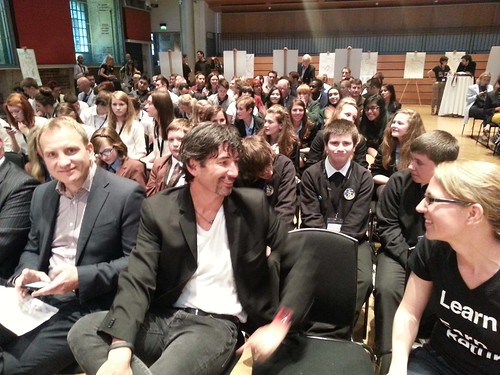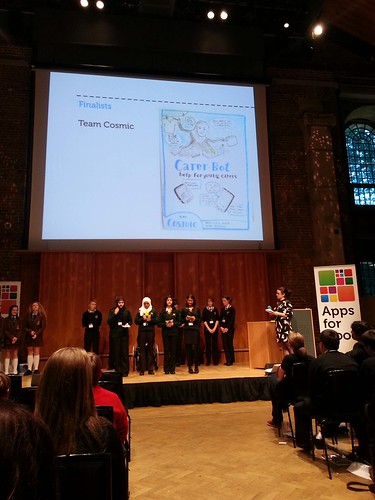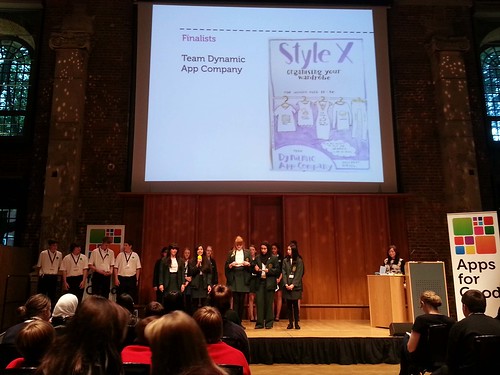This is a guest post by Paul Pedrazzi. Paul is a novice coder, aspiring designer, and professional product manager at companies like PeopleSoft, Taleo and Oracle. Paul blogs at http://craftedresonance.quora.com.
Luckily for those of us who could not attend in person, the organizers (@marklittlewood and @neildavidson) have begun posting videos from the event.
They recently shared the talk by one of my favorite thinkers in the world of software – the indomitable Kathy Sierra, of Head First and Java Ranch fame. This article is a summary of what I learned watching Kathy share her insights into making users awesome.
The Goal is Sustained Desirability
As product or service owners, we are looking to be more desirable than the competition. Ideally, we would like that preference to continue for some period of time (ie. sustainable).
To address this issue, people are devising engagement platforms, desirability engines, and behavior systems. The achilles heel of these approaches is the the emphasis on the brand. It’s a myth that people want to engage with brands, and more engagement is not the answer.
“What we call loyalty is just bribery and incentivizing.”
What Creates Sustainable Desirability?
Our knee jerk response to this question is the “better product”. Faster performance, cleaner interface, richer features and so on. However, we know from experience that the world is full of “great product, didn’t sell.”
In the world of low friction communication and high volume information, people are becoming less trusting of media and brands, while leaning more on human relationships. Our faith in trusted recommendations is on the rise. Good ol’ fashioned word of mouth – that is the engine of success.
What Drives Word of Mouth?
Take a moment and consider the question of what would drive word of mouth for your application. What would make someone rave about it to others?
Most organizations answer this question by competing on the awesomeness of their offering. However, word of mouth is a side-effect of making users awesome.
In trying to out compete on features, we make very different decisions around marketing, design, and capabilities. The key attributes of a successful app don’t live in the app. We must shift our focus from [our product is awesome] to our [users are awesome.]
What Makes User’s Awesome?
It’s not your product quality or your marketing that elevates your actual customers. All that matters is what your users are now able to do. What are you enabling them to be badass at doing?
“People don’t use your app because they like the app or they like you, they are using it because they like themselves, and they tell their friends because they like their friends!”
This is a critical point to reflect on. Again, consider your product and what superpower it grants to your user. Clarity on this is a powerful point of leverage. Your perspective, the way you come at a problem, is a massive part of finding the solution. The converse is also true!
“Point of view is worth 80 IQ points.” – Alan Kay
How Do You Design for Badass?
One way to discover your “badass enabler” is to think about your offering in the context of something larger (ie. a superset). You have to get bigger than your specific product and understand the endgame for the user (hint, it is not to learn your product).
Examples
- Read a cookbook vs. be a great chef.
- Master Final Cut Pro vs. make killer videos.
As product owners, somewhere along the way we lose sight of this broader perspective. The marketing team understands this well (see Nikon advertising), but once the user morphs from a prospect to a customer, we start telling them about our tool (see Nikon user manual). We make the promise of greatness, but don’t deliver.
For your product or service, write the ideal amazon review. Then deduct points for anything about you or your offering. You ONLY get points when the reviewer is talking in the 1st person about what they can now do.
The ideal review is not about your product at all. It is about what people can now say about themselves. Would you design things differently if that was what you were trying to enable?
This changes your design point. It shifts from obsessing around the “clicking” to deeply considering what user’s do once they finishing clicking. The post-click experience is where the conversations happen. This is where they can share with their friends, followers, or fans what they can now do. Don’t make an impressive product, make your users impressive.
Thought Experiment: Imagine you have a tracking device on a user and can report on what they do after they interact with your product. What do they share? What do they have to show for it? What conversations do they have?
The Science of Badass
“Being really f’n good at something is really f’n good.”
Our goal as product owners should be to take our users up the expertise curve as much as possible, as fast as possible.
Definition of expertise: Given a representative task, experts perform in a superior way, more reliably, than non experts (not novices).
Therefore, badass = reliably superior performance.
3 Big Myths
- Myth: Expertise comes from more knowledge
- Reality: Experts do know more, but that doesn’t make them experts.
- Myth: Expertise comes from more experience
- Reality: You can have years of experience and not be very good.
- Myth: Expertise requires natural talent.
- Reality: Experts are made deliberately.
Experts are not what they know, but what they do. This is why some of the best performers make the worst teachers. They have deep intuition, but feel the solution is “obvious”.
How Do You Build a Badass User?
1. Define Badass (for your thing)
Template:
- Given (insert representative task)
- An expert would (description of “better” results, choices, or performance)
Example 1:
- Specific Situation: Harsh natural lighting for a portrait.
- Desired Result: Make an appropriate, aesthetic exposure.
Example 2:
- Specific Situation: Challenging programming problem to solve.
- Desired Result: Design most efficient, maintainable solution.
2. Model Excellence
If you could only do one thing for your users, provide repeated exposure to the performances, process and results of badass users. Show what really good looks like and what they did to get there. They key is a large volume high quality results. Avoid doing or viewing mediocrity – the brain will not discriminate on what it burns in.
“Practice makes permanent.”
A big mistake is trying to push knowledge in. We acquire deep perceptual knowledge and skills more effectively when we relax, get the brain out of the way, and experience viscerally what truly good is. Even if a novice doesn’t grok why something is good, with enough exposure, they will drink it in unconsciously.
3. Edge Practice
This is the idea of deliberate practice made famous by books such as The Talent Code. Deliberate practice is not a tutorial – it is designed to build a specific skill in 1–3 sessions. The key is to move the user from unreliable to 80–90% reliable in about 45 minutes. If you fail this test, the skill was either too large or too challenging for their current level.
Deliberate practice has these components.
- High quality Feedback (low latency)
- Fine Grained Skill (appropriate challenge)
- 90% reliability within 1–3 sessions
Some Examples
“Play this short musical passage with no mistakes at 100 bpm in the key of F.”
“Edit this video sequence so that all clips have identical color balance.”
4. Forward Flow
As you can see, moving up the ladder of mastery is tough. To help people stick with it, you must provide a clear, believable map demonstrating the progression from novice to expert. The belt system in the martial arts does this particularly well.
This map acts as a motivational GPS to keep them moving ahead when times gets tough. People also need to know where they are at any given time. Most products skip both the map and the user’s location on the map – increasing dropout rates.
5. Managing Cognitive Leaks
Willpower and focus come from the same pool of (limited) cognitive resources. These are scarce and quickly depleted. Smart design takes this into account.
Common leaks are:
- Focus
- Confusion
- Frustration
- Self-Control
- Boredom
- Anxiety
- Skepticism
- Concentration
- Choice
The wearing down of willpower over time is why the supermarket junk food is at checkout. You grab that candy bar because you’re depleted from all the choices you had to make rounding the aisles.
Consider this reality and work to understand where you are draining or refreshing the cognitive resources of your users. The science of willpower makes a strong argument for simplicity, smart defaults, and explicit labeling.
“Putting it in the world instead of in the head.” – Don Norman
Additional Resources
If this topic interests you, you may enjoy the following resources:
- Handbook of Self-Determination by Deci
- Expertise and Expert Performance by Ericsson
- Drive By Pink
- Talent Code by Coyle
- Drive TED Video
- Alan Kay on Symbols
- Inner Game of Tennis by Gallwey
- Paul Graham on Stuff
- Paradox of Choice by Schwartz
- Willpower by Baumeister
- Full 60m video of Kathy @ BOS 2012
